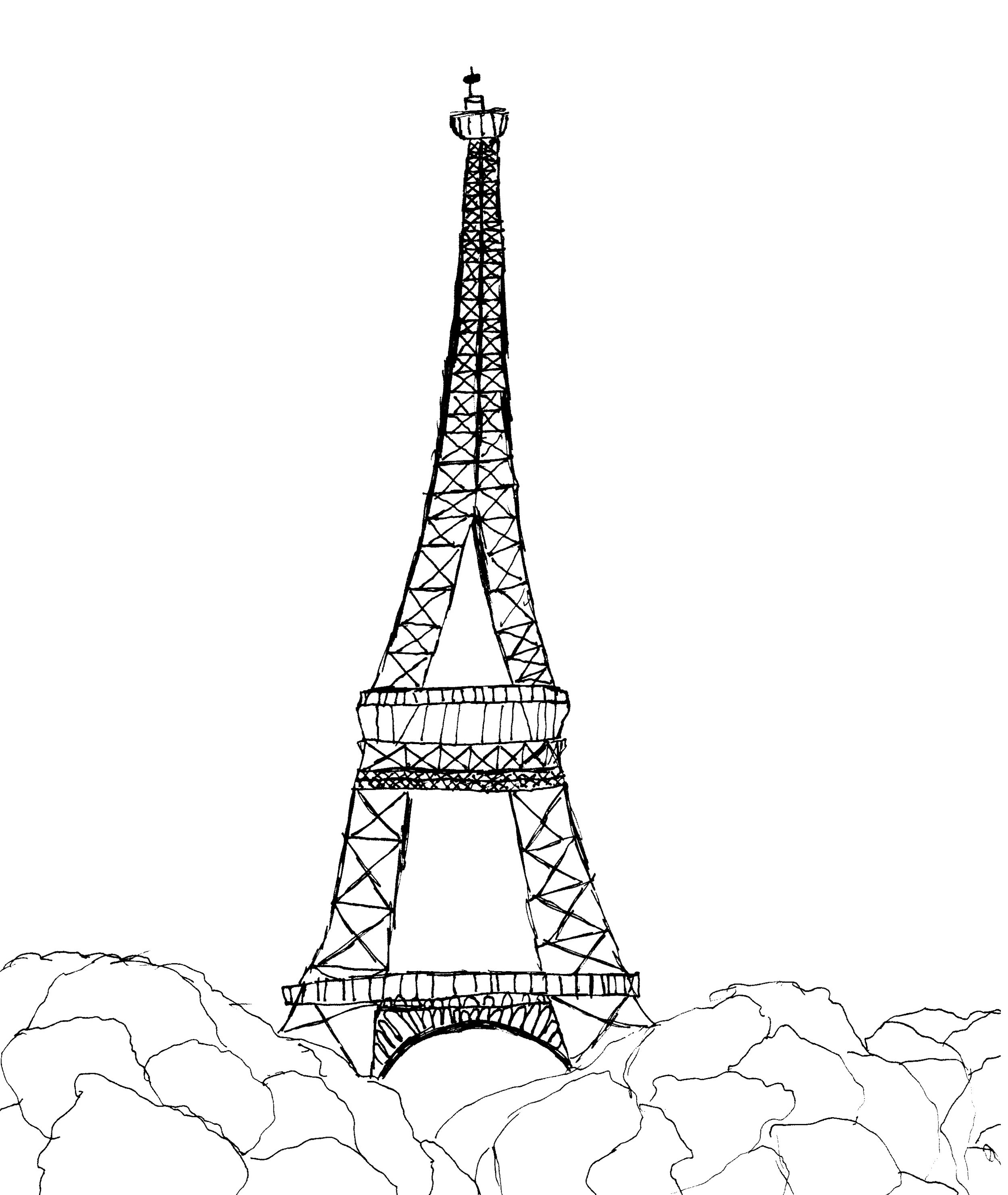The Big Six of French Literary Prizes
Literature and reading for pleasure have consistently been valued and practiced among the French even as other forms of media and entertainment have been introduced and popularized over time. Approximately half a billion books are sold each year in France and print books still dominate despite the adoption of e-books as an alternative. The number of titles published each year is growing as the array of authors broadens, and several of these receive national and worldwide publicity each year when French literary prizes are awarded.
Bookseller’s stand, Paris, France. Image credit: Benh LIEU SONG, CC BY-SA 3.0, via Wikimedia Commons
Each fall marks the eagerly awaited announcements of the ‘Big Six’ French literary prizes, headlined by the longest-running and most prestigious, the Prix Goncourt, for the “best and most imaginative prose work of the year”. Literally and figuratively on the heels of the Prix Goncourt is the Prix Renaudot, whose winner is revealed immediately after the Prix Goncourt. The Renaudot jury always has an agreed-upon alternative in case its first choice receives the Prix Goncourt to avoid awarding both prizes to the same book. Another notable literary prize, the Prix Femina, was created in 1904 with a jury of 22 women as decision-makers after the all-male jury of the Prix Goncourt chose Force ennemie by John Antoine Nau instead of La conquête de Jérusalem by Myriam Harry. To this day, the Prix Femina is deliberated by an all-female jury although it does not limit consideration only to female authors.
The “Big Six” are rounded out by the Grand Prix du roman de l'Académie française, given to the writer of the novel “that the Academy judges the best of the year”, the Prix Interallié, which recognizes a novel authored by a journalist, and the Prix Médicis, awarded to an author “whose fame does not yet match his/her talent”. The world of French literature extends well beyond these six prizes but the boost of recognition that they generate for the selected authors and their writings significantly contributes to the reading public’s interest (and the subsequent sales).
The original eight members of the Académie Goncourt in 1896. Image credit: L'Illustration, Public domain, via Wikimedia Commons
This year’s Prix Goncourt has been awarded to Franco-Algerian writer Kamel Daoud for his novel Houris, which is set during the civil war in Algeria in the 1990s. Past winners include renowned French writers Marcel Proust (À l’ombre des jeunes filles en fleurs in 1919), André Malraux (La condition humaine in 1933), and Simone de Beauvoir (Les Mandarins in 1954).
The Prix Goncourt memorializes brothers Edmond and Jules de Goncourt, who lost both of their parents when they were young adults in the mid-19th century. Their inheritance provided ample financial support for them to pursue interests in art and literature while working as writers and literary critics. The brothers jointly composed essays and novels and in 1850 started the Journal des Goncourt, a candid account of and commentary on the literary and artistic community they frequented. Twelve years after Jules’ passing in 1870, Edmond founded the Société littéraire des Goncourt, now known as the Académie Goncourt, to honor his brother and their collective literary interests. In his estate, Edmond provided for payments to the Académie’s ten founding members, eight of whom he had named in his will, and a cash prize for a new author to be able to produce a second work. The first Prix Goncourt was awarded in 1903.
The Salon Goncourt at Drouant restaurant, Paris, France. Image credit: Elninodubled, CC BY-SA 4.0, via Wikimedia Commons
Since 1914, les Dix have met on the first Tuesday of each month from fall through spring in the salon Goncourt at Drouant, a restaurant in the 2nd arrondissement of Paris. The restaurant maintains special cutlery that memorializes the transfer of a seat in the Académie Goncourt from one member to the next by engraving the new member’s name onto the knife and fork that are passed down. Members must have written works in French but are not required to hold French citizenship, and serve until mandatory retirement at the age of 80. Several of the seats thus have turned over only a handful of times since 1900! Drouant also has hosted the Renaudot jury since 1926 but is not the only Parisian restaurant with close ties to a literary prize. The ten journalists and the latest prizewinner of the Prix Interallié meet at Lasserre restaurant in the 8th arrondissement of Paris to determine each year’s recipient of the Prix Interallié.
The Académie Goncourt has expanded its deliberations to include prizes for poetry, short stories, biography, and a first novel, all of which are awarded in the springtime. Many of the works by Prix Goncourt winners have been translated into other languages and are available outside of France and some have been made or adapted into films. The list of Prix Goncourt honorees is by no means an exhaustive list of the ‘best’ French-language authors, but can be an excellent starting point for those looking for reading options that are steeped in French or Francophone contexts.
2024 Big Six awards:
Prix Goncourt: Kamel Daoud, Houris
Prix Renaudot: Gaël Faye, Jacaranda
Prix Femina: Miguel Bonnefoy, Le rêve du jaguar
Grand Prix du roman de l'Académie française: Miguel Bonnefoy, Le rêve du jaguar
Prix Interallié: Thibault de Montaigu, Coeur
Prix Médicis: Julia Deck, Ann d'Angleterre
Jeu de français
Translate the literature-related clues in the following crossword puzzle from English to French. A grid and key of letter with accents is provided in order to spell the French answers correctly. Bonne chance!
Subscribe to our newsletter to receive Art de vivre posts, information about courses, Conversation Café, special events, and other news from l’Institut français d’Oak Park.




